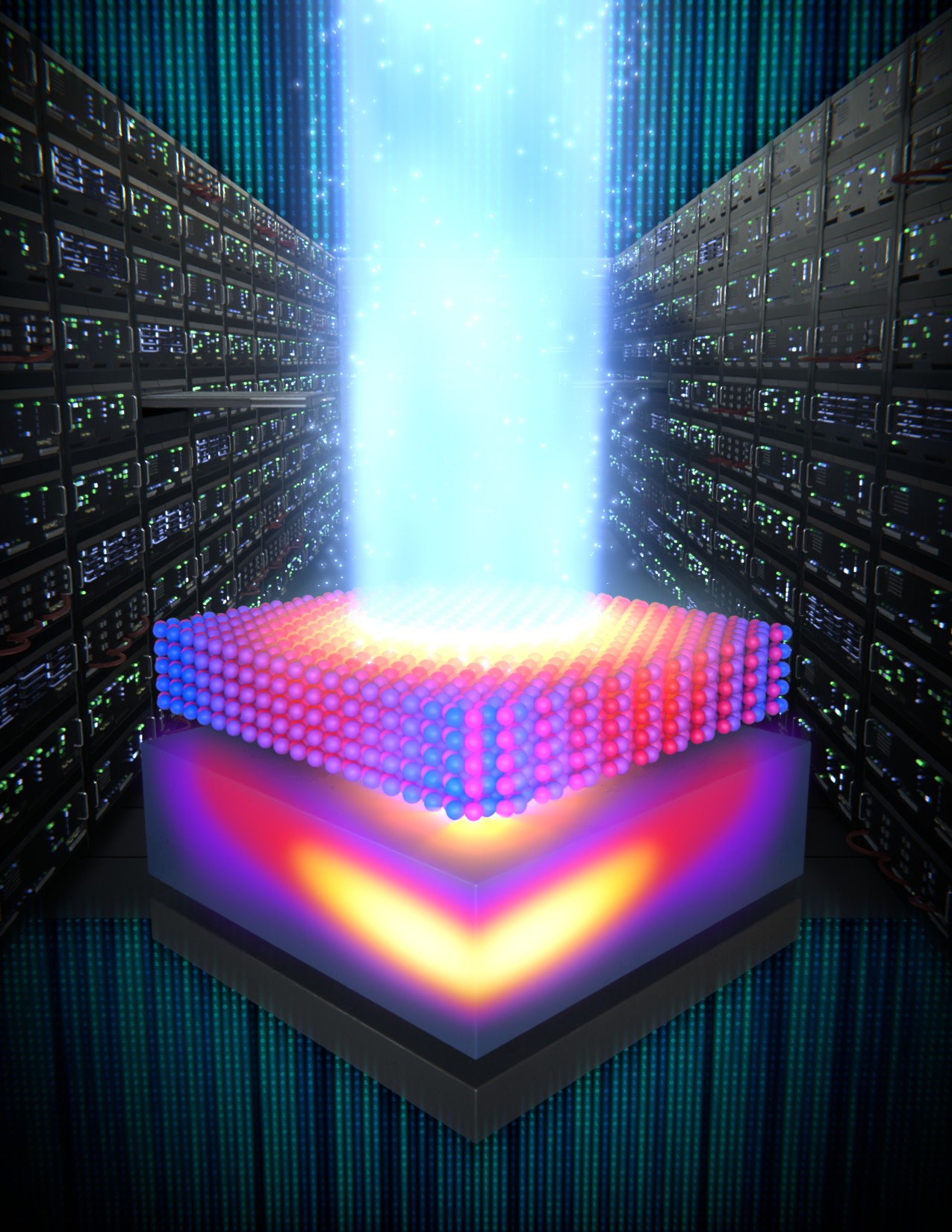PhD project: Joint PhD studentship between the University of Edinburgh and the Institut Laue-Langevin (Grenoble)
Project description
 Opportunity: Applications are invited for a 4-year PhD studentship within the School of Physics and Astronomy at the University of Edinburgh (United Kingdom) and the Institut Laue-Langevin (France) under the supervision of Dr Elton Santos, and Dr Nina-Juliane Steinke. This is a joint programme between both institutions, which combine advanced modelling methods (spin dynamics, quantum approaches, AI-assisted design) and state-of-the-art experimental techniques (neutron scattering, data analysis, sample fabrication).
Opportunity: Applications are invited for a 4-year PhD studentship within the School of Physics and Astronomy at the University of Edinburgh (United Kingdom) and the Institut Laue-Langevin (France) under the supervision of Dr Elton Santos, and Dr Nina-Juliane Steinke. This is a joint programme between both institutions, which combine advanced modelling methods (spin dynamics, quantum approaches, AI-assisted design) and state-of-the-art experimental techniques (neutron scattering, data analysis, sample fabrication).
The successful candidate will engage in cutting-edge research at the interface of theory and experiment to explore novel quantum materials for next-generation information and communication technologies. The PhD offers an exceptional foundation for a career in either academia or industry, providing training across complementary fields. The student will be registered at the University of Edinburgh, with formal affiliation and extended research stays at ILL.
Project: The successful candidate will investigate novel pathways for the implementation of the next generation of compounds for integration in information communication technologies. The project will cover theory developments (Edinburgh) and experimental methods (ILL) which will be learnt throughout the project. Students will gain expertise in:
- The physics of magnetic and quantum materials
- Computational modelling, data-driven discovery, and deep-learning algorithms
- Neutron scattering and advanced characterisation techniques
The successful candidate will work closely with other PhDs and postdocs involved in similar investigations.
Qualifications and skills: Applicants should hold a first-class degree (or equivalent) in Physics, Chemistry, Materials Science, or a related discipline. A master’s degree and/or publication record will be considered advantageous. Keenness to learn experimental and modelling techniques is a plus. Experience in one or more of the following areas is desirable:
- Monte Carlo and micromagnetic techniques (e.g., Mumax3, Vampire, etc.)
- Open-source ab initio codes (e.g., KKR, VASP, Quantum-Espresso, etc.)
- Coding languages (e.g., Fortran, C/C++, Python, etc.)
- Previous lab experience, especially in scattering or magnetometry
- Numerical and analytical approaches (e.g., MATLAB, Mathematica, etc.)
Training and resources
Modelling component: The successful candidate will develop several computational skills in terms of first-principles methods (strongly correlated systems), Monte Carlo, Landau-Lifshitz-Gilbert equation techniques, and data-driven approaches (database mining, machine learning). Access to computational world-class facilities (ARCHER2, Cirrus via Edinburgh/EPCC) will be available.
Experimental component: At ILL, the student will receive training in neutron scattering and complementary lab-based characterisation to validate theoretical predictions. Approximately 50% of the PhD will be conducted at each institution, with flexible scheduling of research visits to Grenoble.
Eligibility: Open to all nationalities. Selection will be based on academic merit, transcripts and recommendation letters (2-3 referees) arranged to be sent.
Application process: Interested applicants should use the following link including:
1) CV (including any publications)
2) A motivation letter, showing how you fit to the position.
3) Contact details of three academic referees.
Informal queries to Dr Elton Santos (esantos [at] ed.ac.uk) or Dr Nina-Juliane Steinke (steinkenj [at] ill.fr).
Closing date: 15thJanuary 2026
Project supervisor
- Dr. Elton Santos (School of Physics & Astronomy, University of Edinburgh)
The project supervisor welcomes informal enquiries about this project.
Find out more about this research area
The links below summarise our research in the area(s) relevant to this project:
- Find out more about Computational Materials Physics.
- Find out more about the Institute for Condensed Matter and Complex Systems.
What next?
- Find out how to apply for our PhD degrees.
- Find out about fees and funding and studentship opportunities.
- View and complete the application form (on the main University website).
- Find out how to contact us for more information.

